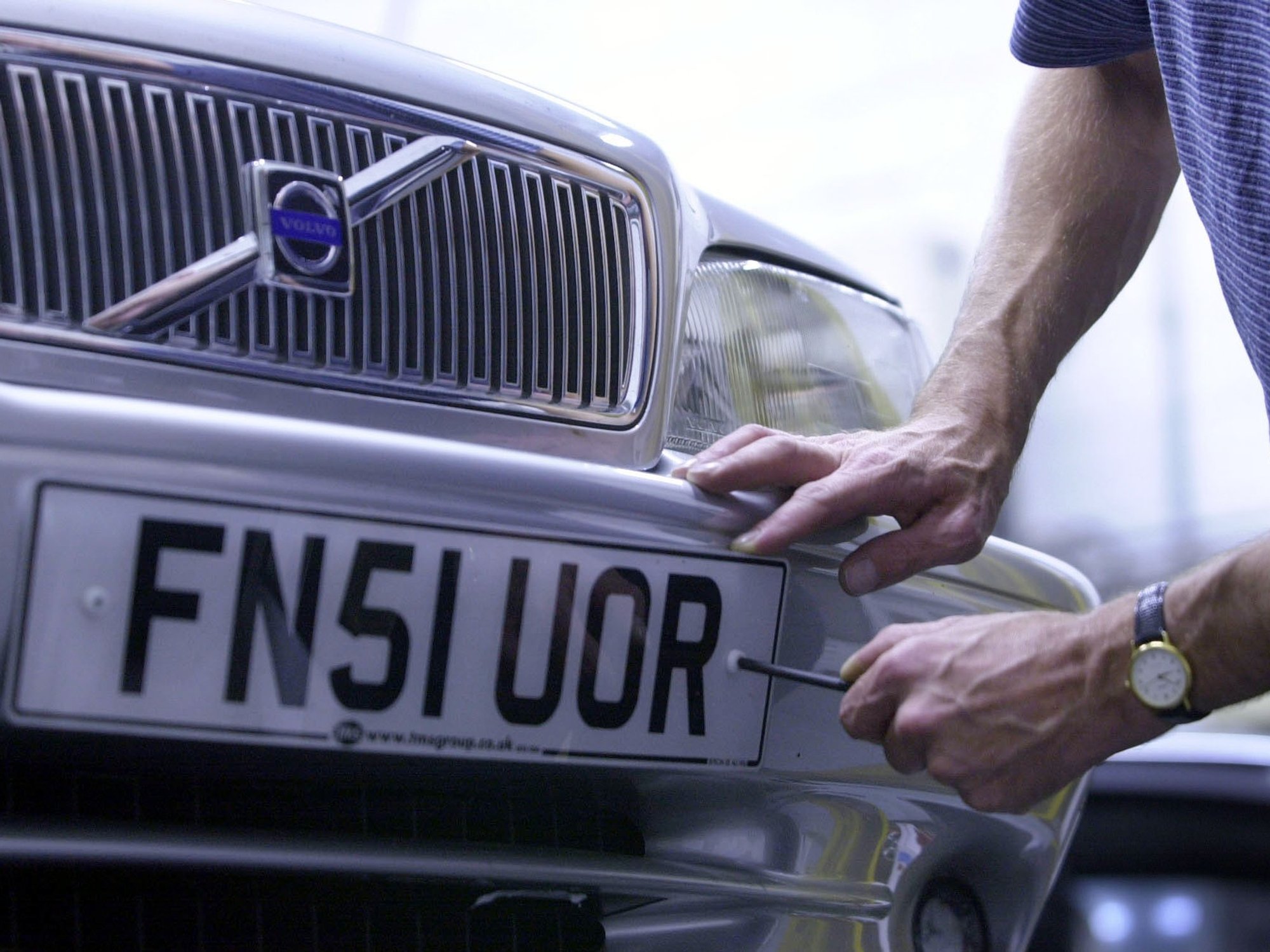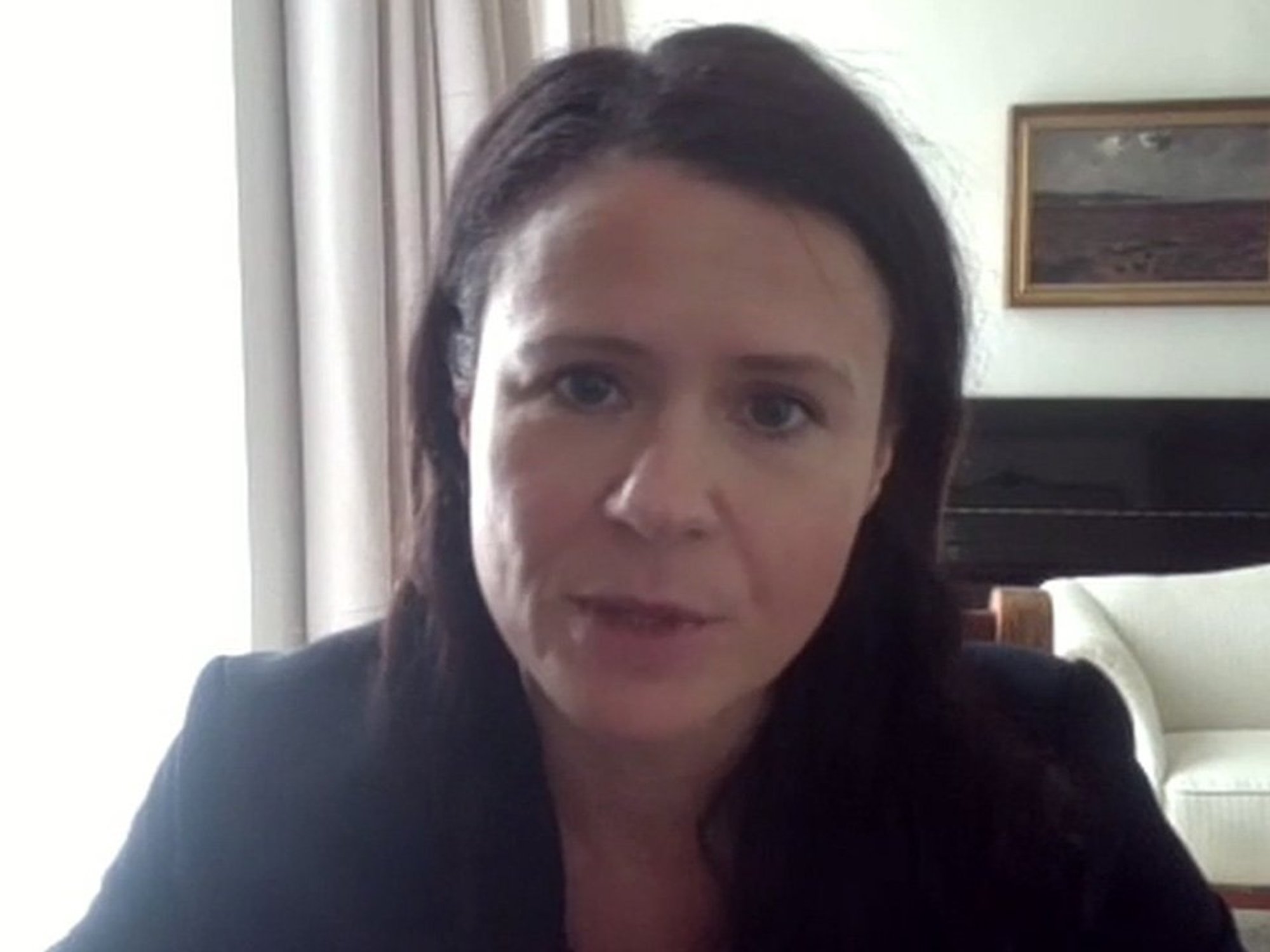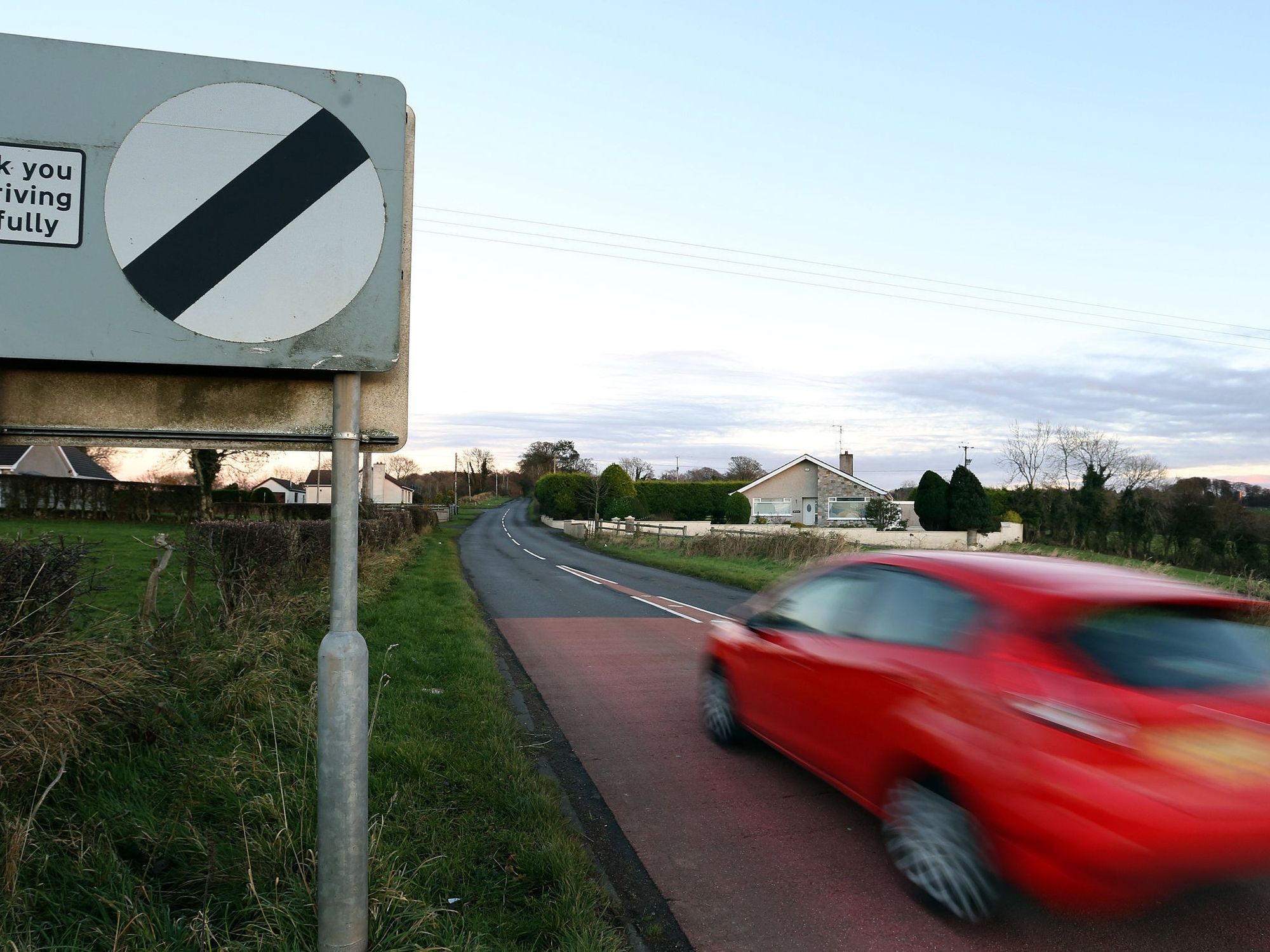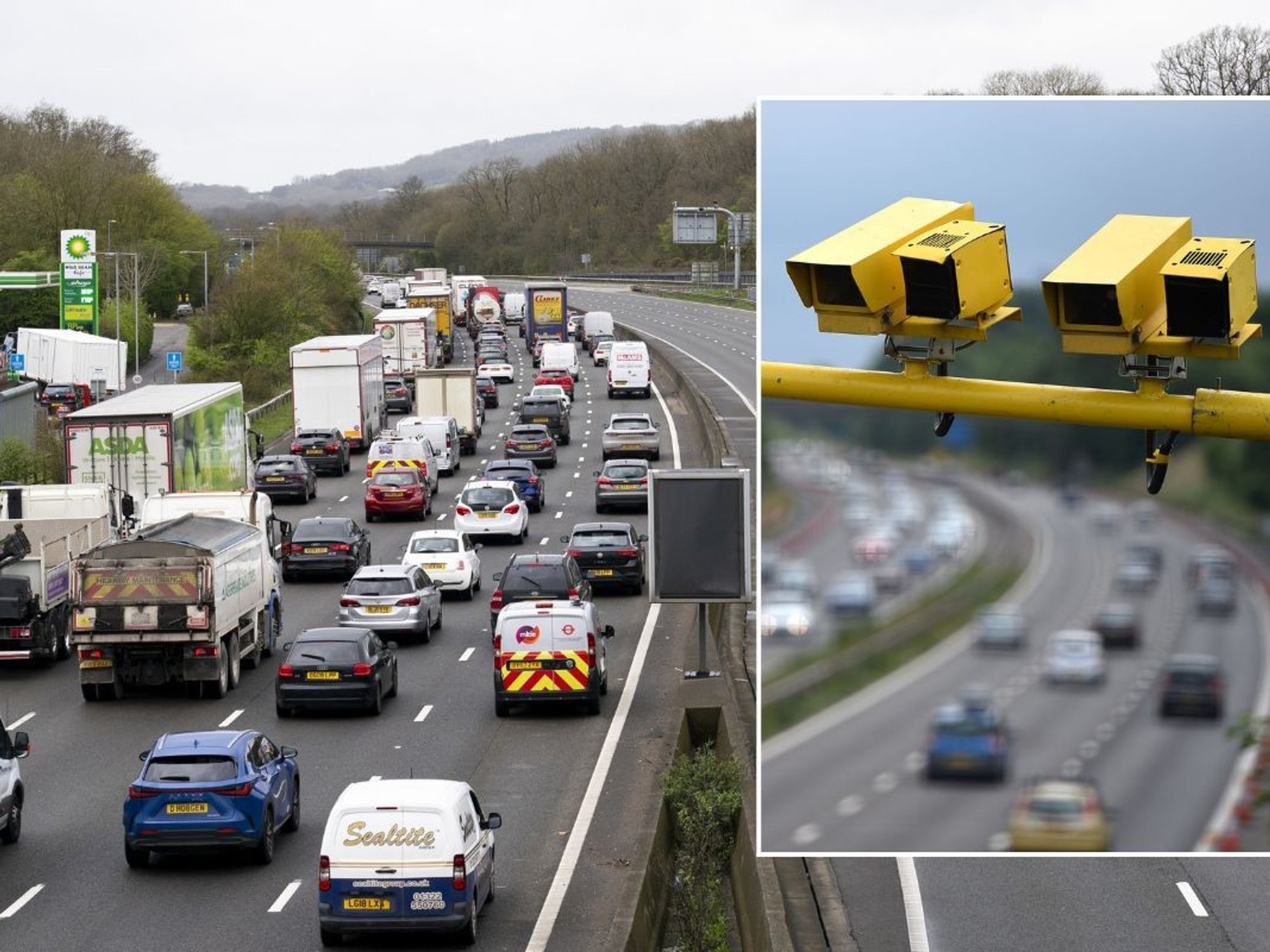DVLA changes launching today will have major impact on 'over three million vehicles'
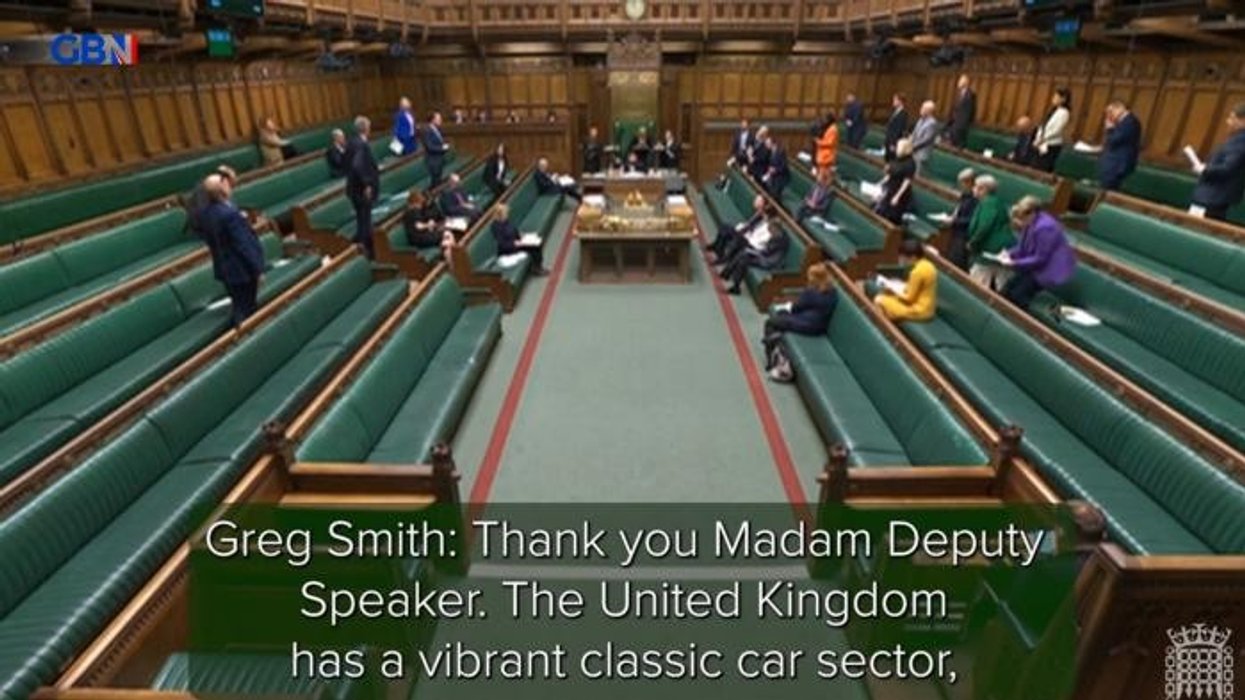
WATCH: Greg Smith MP questions the DVLA's treatment of the classic car industry
|PARLIAMENT TV

The new policies follow a public consultation on the issue that launched in 2024
Don't Miss
Most Read
Latest
The DVLA is rolling out major vehicle registration changes today as hundreds of thousands of drivers look set to benefit from the newly announced policies.
From today, Tuesday, August 26, owners of classic cars will see a new modernised process for notifying the Driver and Vehicle Licensing Agency (DVLA) of repairs, restorations or modifications to classic cars.
A classic car is defined as a vehicle that was built or first registered more than 40 years ago.
**ARE YOU READING THIS ON OUR APP? DOWNLOAD NOW FOR THE BEST GB NEWS EXPERIENCE**
This means the vehicle does not need to pay tax, although it must still be taxed, and is exempt from needing an MOT test.
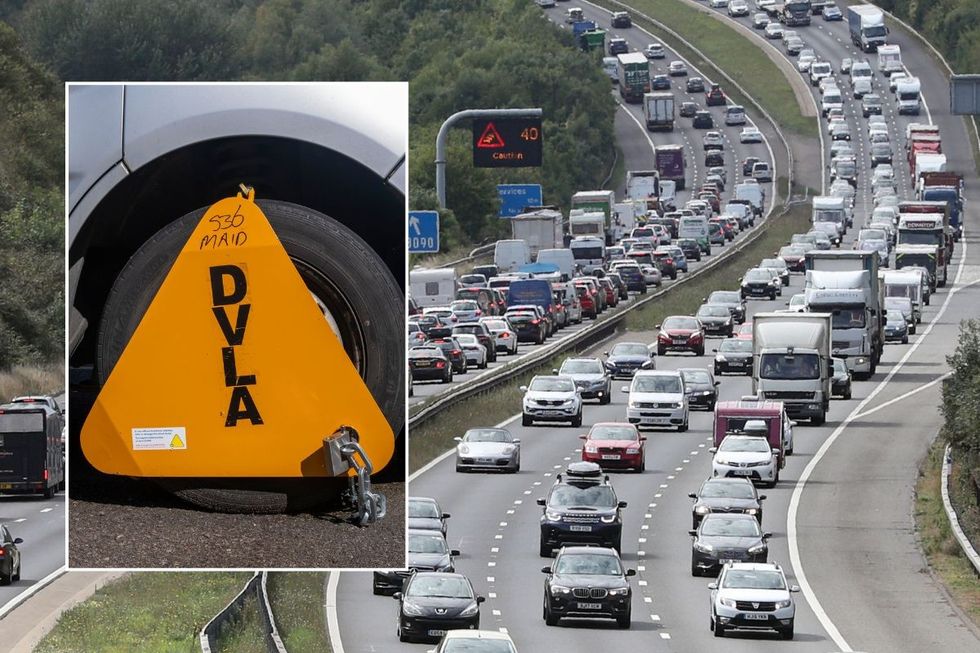
The new DVLA changes were announced on August 20 and will launch today, August 26
|GETTY
Under the new policies, drivers of older vehicles will no longer need to inform the DVLA of like-for-like repairs or restorations.
Any heavily modified vehicles, including those that have been converted to electric cars, will also be able to retain their original identities.
The DVLA said the changes were necessary and reflected modern restoration methods, in addition to simplifying the registration process for motorists.
Vehicles that have been subject to "significant structural modifications" will also be able to keep their original Vehicle Identification Number (VIN).
 It is hoped that the new DVLA policy changes will remove red tape for classic car owners | CAR AND CLASSIC
It is hoped that the new DVLA policy changes will remove red tape for classic car owners | CAR AND CLASSICLilian Greenwood, Minister for the Future of Roads, said: "We know how much love, time and effort goes into keeping classic cars – and we're right behind the community.
"These changes are about cutting red tape and making life easier for enthusiasts, whether you’re restoring a vintage gem or converting it to electric.
"It's all about celebrating the UK's amazing motoring heritage and helping the industry thrive well into the future."
As part of the changes, the DVLA has launched a new vehicle parts statement, form V627/1, which requires drivers to tell the agency of any significant changes to a classic car.
LATEST DEVELOPMENTS:
- M25 traffic: Massive vehicle fire shuts motorway with miles of standstill congestion and two-hour delays
- Labour forced to step in as unrest over e-scooters sparks landmark petition - 'Illegal and dangerous'
- Millions of motorists risk £100 fine and driving ban this year as road offences soar across the UK
Similarly, a new INF318 document has been released to outline the new changes and help drivers adapt to the updated policies.
The 16-page document highlights the new policy changes and gives examples to drivers and motorcycle riders.
The DVLA considers the process of converting a vehicle from an internal combustion engine to electric propulsion as a modification.
It states that this is because the car requires the engine and transmission to be removed and significant changes are made to key vehicle control systems.
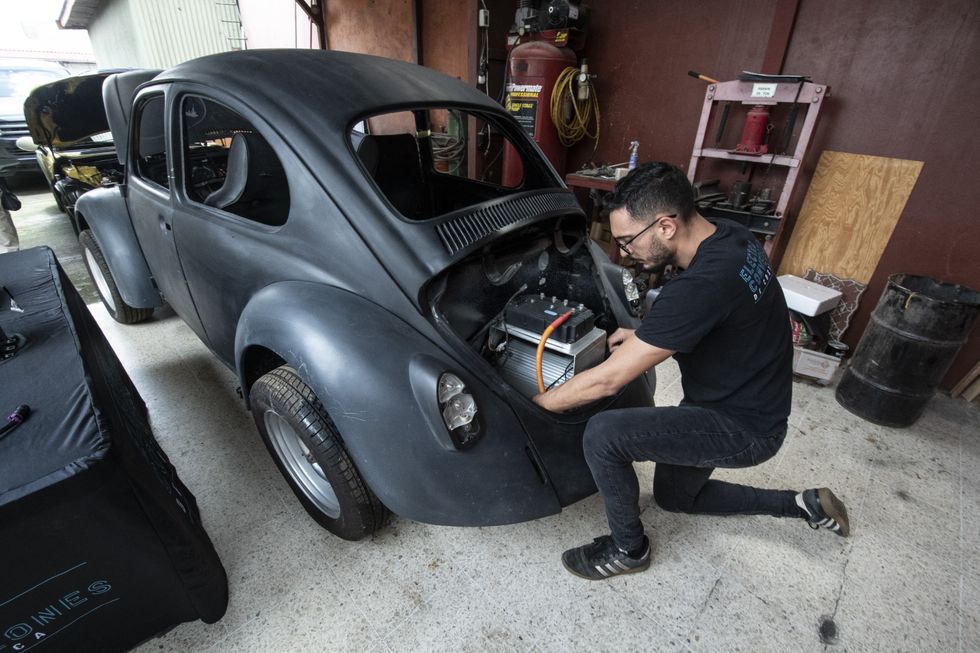 A number of businesses around the UK offer bespoke EV conversions for classic cars | GETTY
A number of businesses around the UK offer bespoke EV conversions for classic cars | GETTYThe move has been backed by the DVLA and classic car organisations following criticism from some that the Government agency had forgotten about the sector.
Tim Moss, chief executive of the DVLA, said the new changes would allow classic car enthusiasts to enjoy their vehicles without dealing with extra bureaucracy.
CEO of the Historic Car and Vehicle Alliance (HCVA), Dave Keller, praised the DVLA for its work to develop new policies for the sector, which maintains around 100,000 jobs throughout the supply chain.
"The positive impact these changes will have should not be underestimated in how they will support specialists and owners in protecting the UK's historic vehicle industry, enabling over three million historic and classic vehicles to be kept roadworthy, relevant, and enjoyed by future generations," he added.





